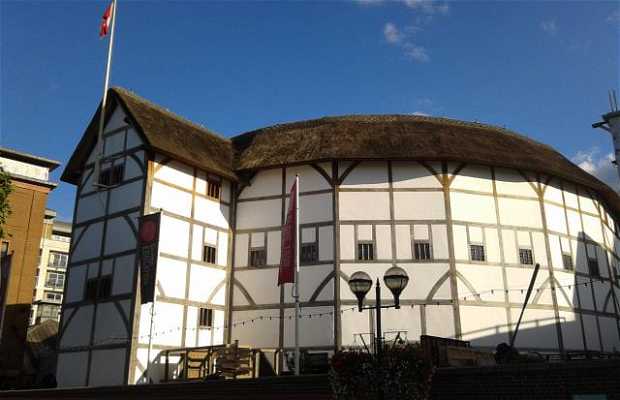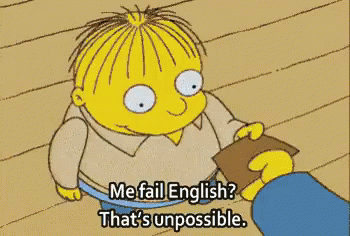PYGMALION
Dictionary
entry:
Pygmalion: noun, classical mythology; a sculptor and king of Cyprus who carved an ivory statue of a maiden and fell in love with it. It was brought to life, in response to his prayer, by Aphrodite.
AUTHOR: GEORGE BERNARD SHAW
BOOK: PYGMALION
GANRE: PLAY, COMEDY, ROMANCE
NUMBER OF ACTS: 5
WRITTEN: 1912
TIME & PLACE: London, England, 1900s
The story was first filmed in 1938 and was adapted as the stage musical My Fair Lady in 1956 (filmed in 1964).
Characters
Eliza Doolittle is first introduced as an unpolished, foul-mouthed
flower girl but is transformed into a beautiful woman. Eliza Doolittle is a young Cockney flower girl
whose goal in life is to leave her life on the streets and run her own shop.
Eliza develops into an articulate and worthy representative of her generation,
and a feisty opponent to the bullying Higgins.
Professor Higgins is a linguist who believes he can transform
Eliza Doolittle into a duchess in six months. He is an intelligent man but is
also disrespectful to others despite their social class and extremely arrogant.
Colonel Pickering is a linguist who challenges Professor Higgins
to transform Eliza Doolittle into a duchess. Colonel Pickering funds Professor
Higgins' work with Eliza and is considerate and kind to her.
Alfred Doolittle is Eliza's materialistic father who tries to
obtain money when he learns Professor Higgins is working with Eliza.
Mrs. Higgins is Professor Higgins's mother, who disagrees
with Higgins' and Pickering's plan to try to change Eliza into a duchess.
Freddy Eynsford Hill - Freddy first meets Eliza during a meeting with
his mother and sister at Mrs. Higgins' house. He falls in love with Eliza and
writes letters to woo her.
Brief overview
Pygmalion is in many
ways a Cinderella story with its transformation of a poor but lovely young girl
into a princess.
Henry Higgins, a phonetician, accepts a bet that simply by changing
the speech of a Cockney flower seller he will be able, in six months, to pass
her off as a duchess. Eliza undergoes grueling training. When she successfully
“passes” in high society—having in the process become a lovely young woman of
sensitivity and taste—Higgins dismisses her abruptly as a successfully
completed experiment. Eliza, who now belongs neither to the upper class, whose
mannerisms and speech she has learned, nor to the lower class, from which she
came, rejects his dehumanizing attitude.
Major
Themes
In his preface to the play, entitled, "A
Professor of Phonetics," Shaw writes:
“The English
have no respect for their language, and will not teach their children to speak
it. They spell it so abominably that no man can teach himself what it sounds
like.”
In Pygmalion, language is closely tied with
class. From a person’s accent, one can determine where the person comes from
and usually what the person’s background is.The power of language to break
through social barriers is fully realized in Eliza's triumphant performance at
the ambassador's party. She is perceived to be a duchess. Yet victory has its
price. She can speak nothing but his language now, which cuts her off from her
former life, feeling abandoned by Higgins and faced with an uncertain future.
Cockney rhyming slang is a humorous slang first
used by Cockneys. It was invented in London in the 1840s by market traders,
costermongers (sellers of fruit and vegetables from handcarts) and street
hawkers. It was probably first used as a language designed to disguise what was
being said from passers-by.
Rhyming
slang often includes humour. Many phrases make sarcastic or ironic references
to their subjects, like for example: trouble and strife =wife, fat boy slim= gym, jam-jar
= car, plates of meat = feet, giraffe =
laugh, Brad Pitt = fit, etc.
“Are you
‘avin a Giraffe mate?”.
"Mate, that girl is proper Brad Pitt."
The pronunciation in
cockney is often different, like for instance:
● initial h is dropped:
»ouse« = house, «Enry«= Henry
● /ð/ becomes [v]: »muvver »=
mother
● /θ/ becomes [f] :« fink »= think
● vowel sounds become longer: »daavnt« = don't, etc
Cockney slang also uses double negation:
»There ain't nuffink like it.« = There is nothing like it
Shaw explores the theme of transformation by showing how a poor flower
girl becomes a lovely, self-reliant lady, both superficially and at heart. Like
Pygmalion's ivory sculpture, she is brought to passionate life. No longer a
"squashed cabbage" or even a duchess, she becomes an independent
woman.
Appearances can be
deceiving and mask the true essence of a person. Eliza evolves in speech
and dress, etiquette, and expectations. She discovers that she no longer fits
into her former situation. That self is lost to her. Her identity—who she is
and where she fits in the world—must adjust.















